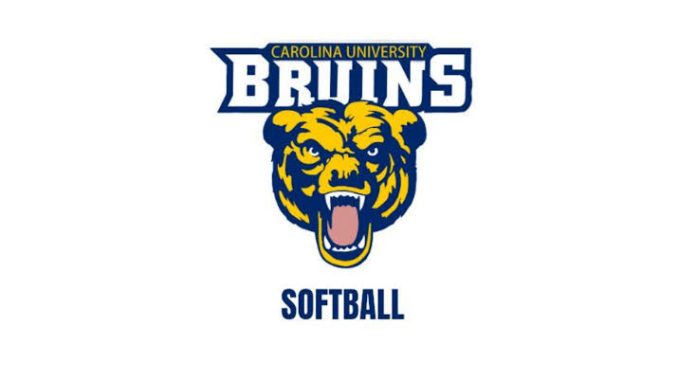
The NCAA’s recent deal with the major conferences that establishes a road for schools to directly pay athletes could have huge ramifications for softball.
Oklahoma City (AP) — Oklahoma slugger Jocelyn Alo reinvigorated college softball two years ago on her way to being the career home run leader, and the sport’s popularity has grown since then. Six of the nine sessions during this year’s Women’s College World Series in Oklahoma City had record-breaking attendance. Game 1 of the championship series set an attendance record, which was broken the next day in Game 2. Last Thursday, a crowd of 12,324 saw Oklahoma overcome Texas to win a record fourth consecutive national title.
ESPN reported that the World Series finals were the most watched on record. The two games drew an average of 2 million viewers, with Game 2 peaking at 2.5 million. The championship series saw a 24% increase in viewership over the previous year.
Those who have built college softball are encouraged by the results. “I believe the sport has done an amazing job of growing viewership,” said UCLA coach Kelly Inouye-Perez, who has guided the Bruins to two of their record 12 national championships. “We’ve gotten into the living rooms. People have fallen in love with the sport. There are conferences that have allocated significant resources, funding, facilities, and coaching salaries to support the sport.” However, there are concerns regarding the sport’s future.
The NCAA’s recent deal with the major conferences to settle federal antitrust litigation paves the way for schools to begin directly paying athletes, which could have far-reaching ramifications for sports other than football and men’s basketball. Even with softball’s steady development, some coaches are concerned that money may be diverted away from their sport, jeopardizing its stability. Some are concerned that schools may discontinue the sport completely.



Be the first to comment